Navigating The Terrain: Potential Issues With The 2025 Toyota 4Runner
Navigating the Terrain: Potential Issues with the 2025 Toyota 4Runner
Related Articles: Navigating the Terrain: Potential Issues with the 2025 Toyota 4Runner
Introduction
In this auspicious occasion, we are delighted to delve into the intriguing topic related to Navigating the Terrain: Potential Issues with the 2025 Toyota 4Runner. Let’s weave interesting information and offer fresh perspectives to the readers.
Table of Content
Navigating the Terrain: Potential Issues with the 2025 Toyota 4Runner
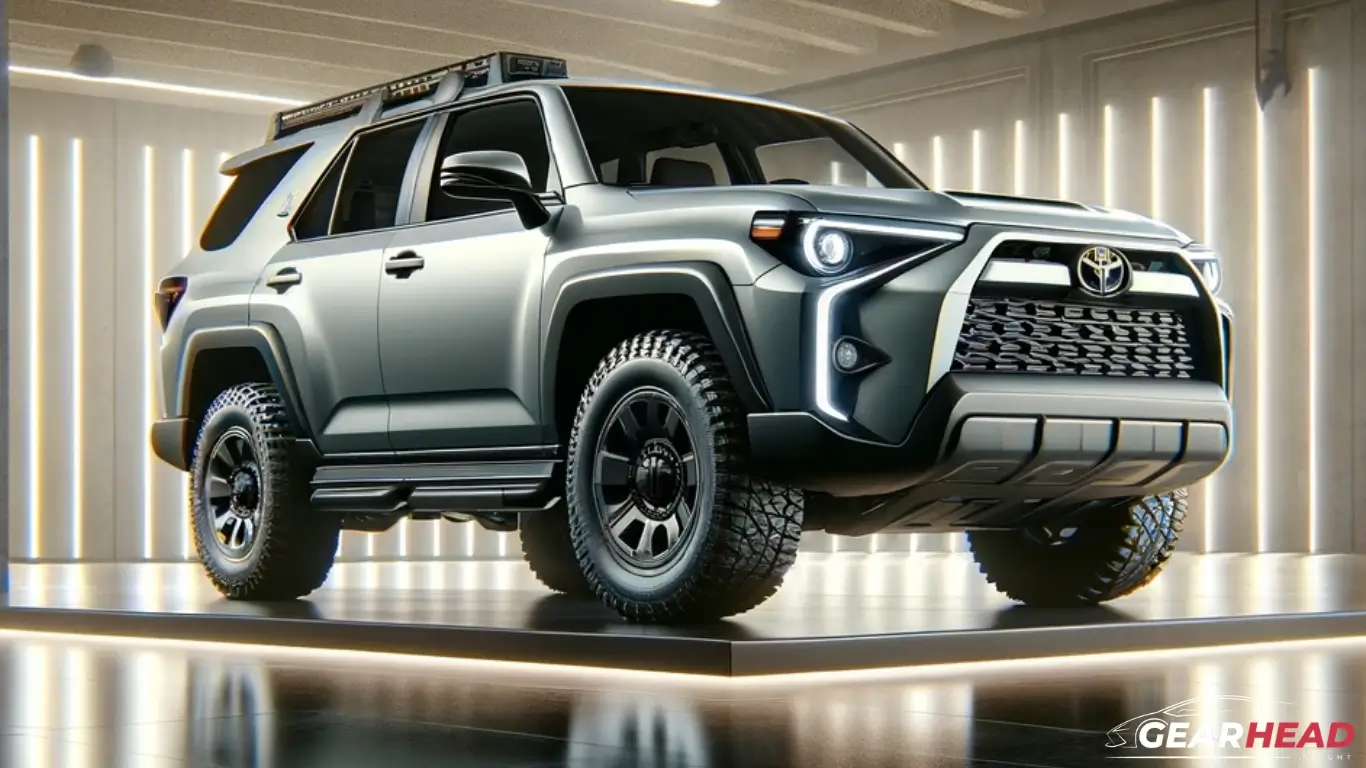
The Toyota 4Runner, a stalwart in the off-road and SUV market, has consistently earned a reputation for reliability and ruggedness. While the 2025 model year is still shrouded in speculation, it’s prudent to anticipate potential issues based on historical trends, emerging technologies, and the evolving automotive landscape. This analysis delves into potential challenges that the 2025 4Runner might face, examining their implications and offering insights for prospective buyers.
1. Technological Integration and Reliability:
The 2025 4Runner is likely to feature an array of advanced technologies, including driver assistance systems, infotainment systems, and connectivity features. While these advancements enhance convenience and safety, they also introduce potential points of failure.
- Software Glitches: Complex software systems can be susceptible to bugs and glitches, leading to malfunctions in various functionalities.
- Cybersecurity Concerns: Increasing connectivity opens the door to cybersecurity vulnerabilities, potentially compromising vehicle data and control systems.
- Maintenance and Updates: Maintaining and updating software systems can be a complex process, requiring specialized tools and expertise.
2. Powertrain and Fuel Efficiency:
The 2025 4Runner may retain its powerful V6 engine, but the focus on fuel efficiency and emissions regulations might necessitate changes.
- Hybrid Technology: The integration of hybrid technology could improve fuel economy, but it might add complexity and increase maintenance costs.
- Engine Downsizing: To meet stricter emissions standards, the 4Runner might adopt a smaller, more fuel-efficient engine, potentially sacrificing some of its renowned power and torque.
- Transmission Issues: New transmissions, especially those paired with hybrid systems, might encounter early reliability issues, requiring costly repairs.
3. Interior and Exterior Design:
While the 4Runner’s rugged exterior design has remained a hallmark, the 2025 model might face pressure to modernize its interior and exterior aesthetics.
- Material Quality: To remain competitive, Toyota might use higher-quality materials in the interior, but this could increase production costs and potentially impact long-term durability.
- Styling Trends: The 4Runner’s traditional design might clash with emerging trends in the SUV market, leading to a perception of being outdated.
- Ergonomics and Comfort: Modernizing the interior might involve redesigning seating and ergonomics, which could affect passenger comfort and practicality.
4. Cost and Availability:
The 2025 4Runner is likely to face increased production costs due to factors like rising material prices, labor costs, and technological advancements.
- Increased MSRP: The higher production costs could translate into a higher Manufacturer’s Suggested Retail Price (MSRP), potentially making the 4Runner less affordable for some buyers.
- Supply Chain Disruptions: Ongoing supply chain disruptions could lead to delays in production and potentially impact the availability of the 2025 4Runner.
5. Competition and Market Trends:
The 2025 4Runner will face fierce competition from other off-road-capable SUVs, including models from Jeep, Ford, and Nissan.
- Feature Creep: Competitors might offer more advanced features and technologies, putting pressure on the 4Runner to keep pace.
- Electric Vehicle (EV) Advancements: The emergence of electric SUVs with impressive off-road capabilities could challenge the 4Runner’s dominance in the segment.
- Shifting Consumer Preferences: Consumer preferences are evolving, with a growing demand for fuel-efficient and environmentally friendly vehicles.
FAQs: Addressing Concerns about the 2025 Toyota 4Runner
Q: Will the 2025 4Runner be reliable?
A: While the 4Runner has a strong reputation for reliability, the introduction of complex technologies and potential engine changes could impact its long-term dependability. It’s essential to monitor early reviews and reports from owners to assess the 2025 model’s reliability.
Q: Will the 2025 4Runner be fuel-efficient?
A: Toyota is likely to prioritize fuel efficiency in the 2025 4Runner, potentially incorporating hybrid technology or downsizing the engine. However, it’s unclear how these changes will affect the vehicle’s power and off-road performance.
Q: Will the 2025 4Runner be expensive?
A: The 2025 4Runner is likely to be more expensive than its predecessors due to increased production costs and the inclusion of advanced technologies. However, the exact pricing will depend on trim levels and available options.
Q: Will the 2025 4Runner be available in the same configurations as the current model?
A: Toyota might introduce new trim levels or discontinue existing ones to cater to evolving market trends. It’s advisable to check with Toyota dealerships for the latest information on available configurations.
Tips for Prospective Buyers:
- Research Thoroughly: Before purchasing a 2025 4Runner, conduct thorough research on its features, specifications, and potential issues.
- Consider Alternatives: Explore other off-road-capable SUVs in the market to compare their features, pricing, and reliability.
- Read Reviews and Owner Reports: Seek out independent reviews and owner reports to gain insights into the 2025 4Runner’s real-world performance and potential issues.
- Negotiate Price: Be prepared to negotiate the price with the dealership, considering the potential for higher MSRP and supply chain challenges.
- Consider Extended Warranties: Consider purchasing an extended warranty to protect against potential costly repairs, especially if the 2025 4Runner incorporates new technologies.
Conclusion:
The 2025 Toyota 4Runner is poised to face a challenging landscape, navigating a complex interplay of technological advancements, evolving consumer preferences, and competitive pressures. While the 4Runner’s legacy of ruggedness and reliability remains a strong selling point, prospective buyers must be aware of potential issues related to technological integration, powertrain changes, and cost considerations. By conducting thorough research, understanding market trends, and exploring available options, buyers can make informed decisions and confidently navigate the terrain of the 2025 4Runner.
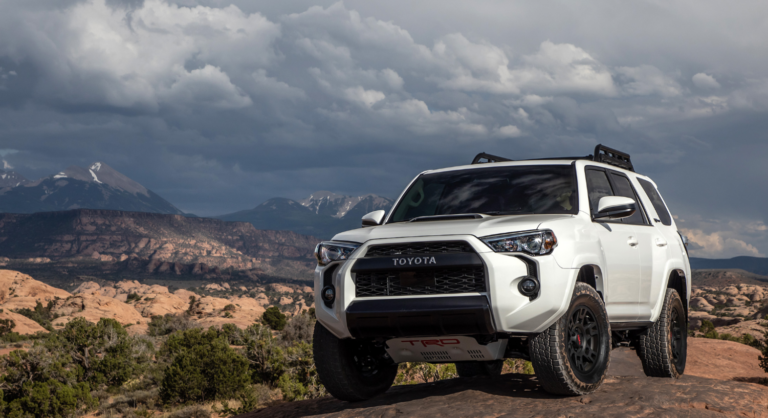
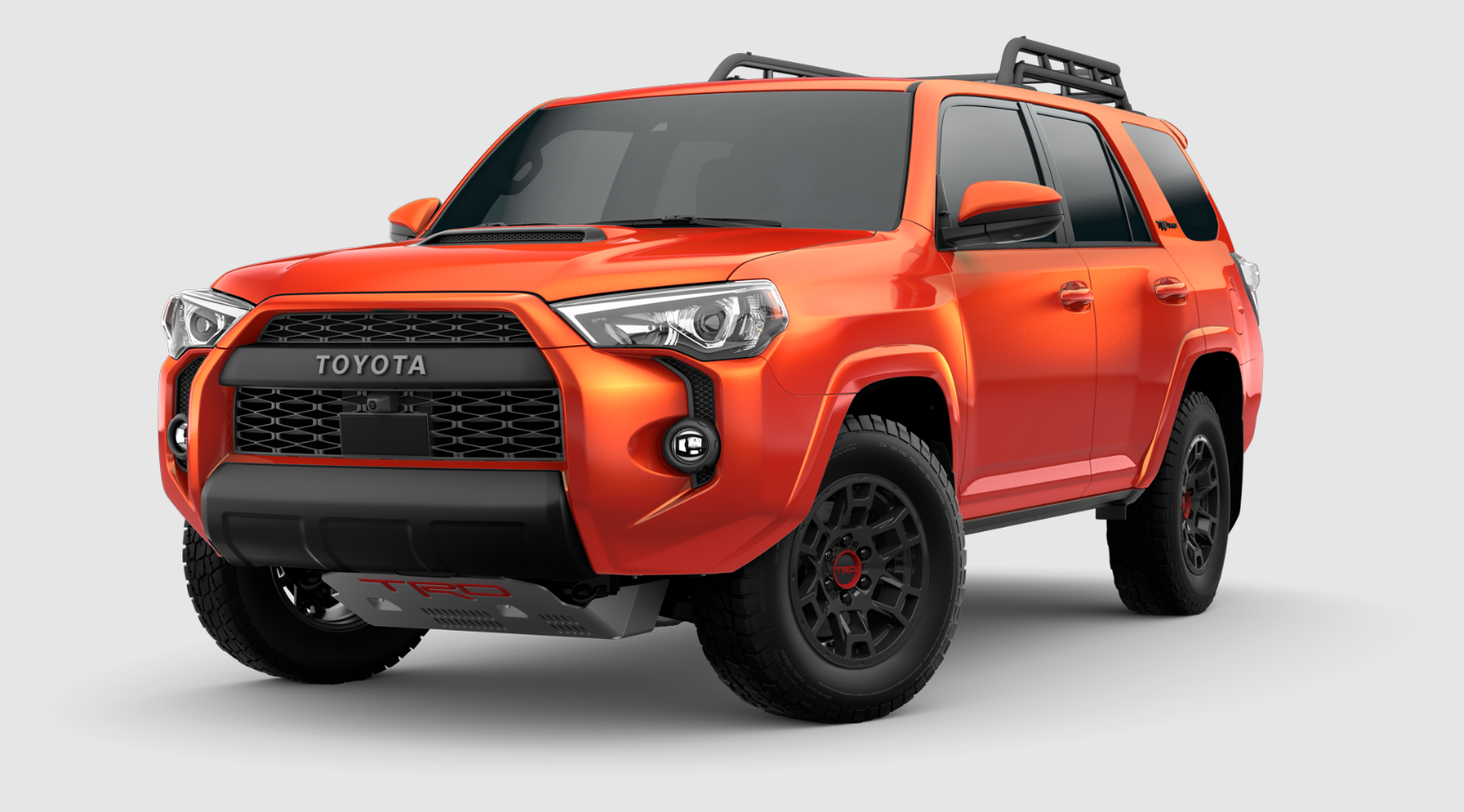


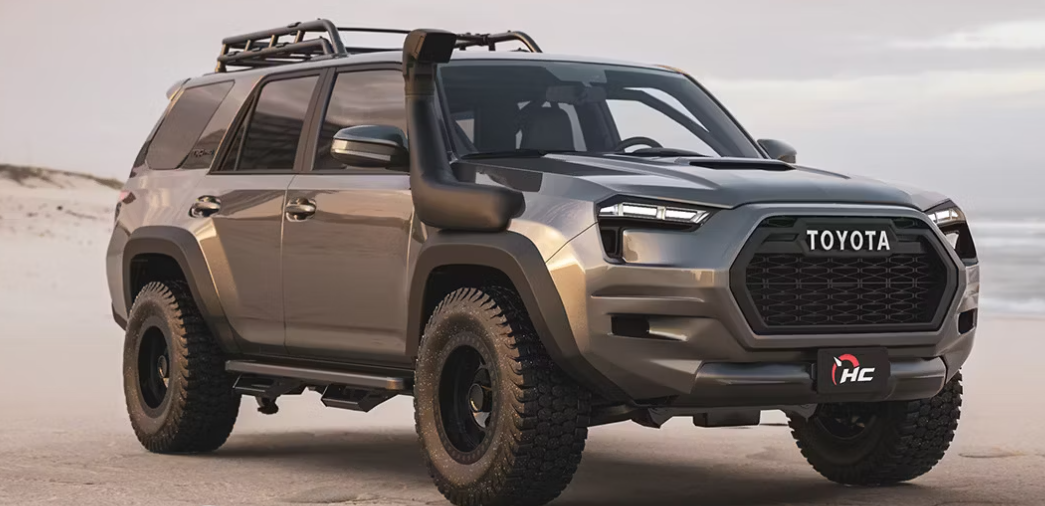


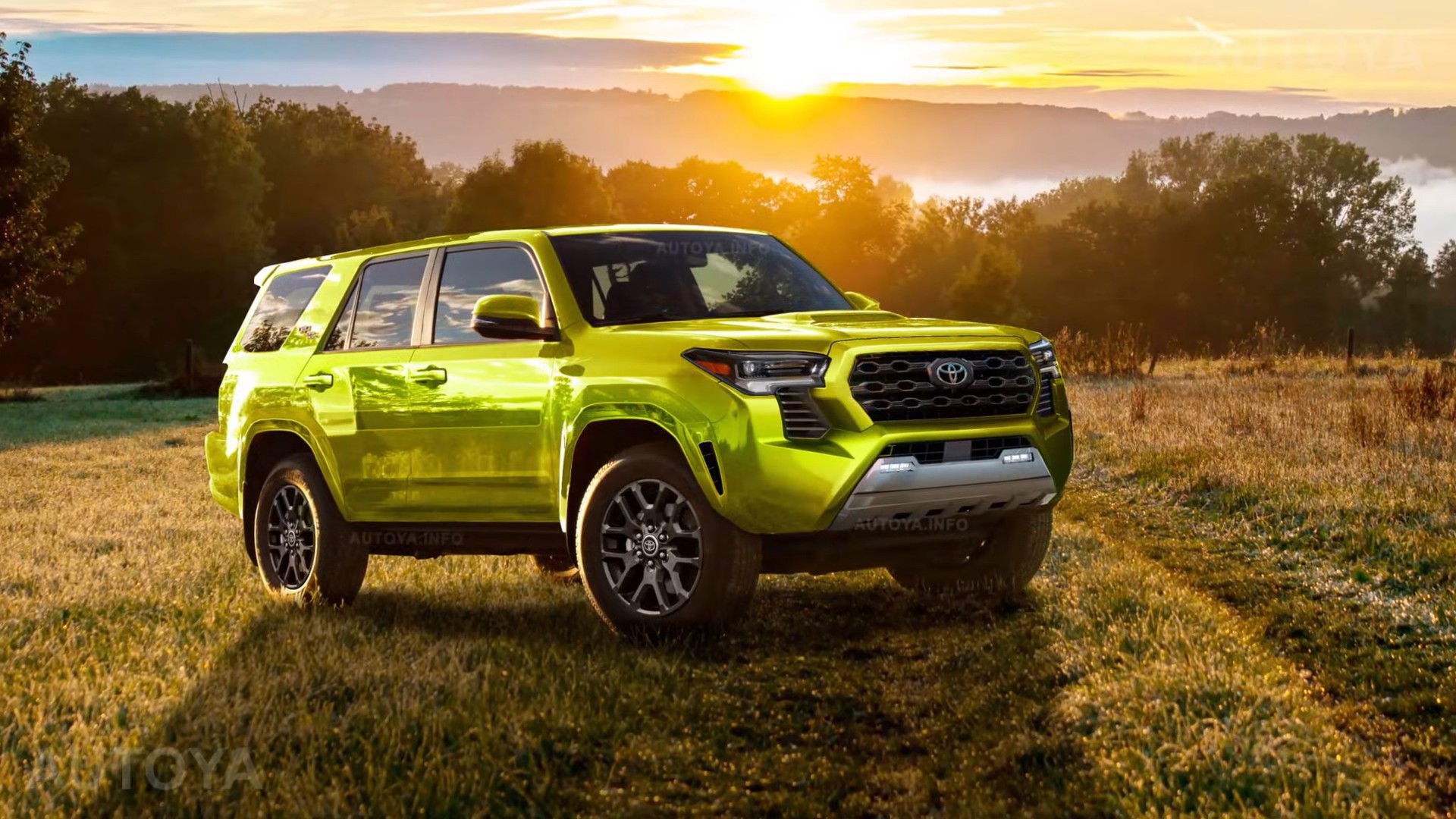
Closure
Thus, we hope this article has provided valuable insights into Navigating the Terrain: Potential Issues with the 2025 Toyota 4Runner. We thank you for taking the time to read this article. See you in our next article!